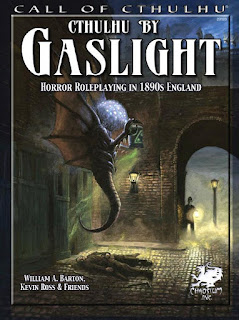You're in Paris. It's 1910, the year of the floods. You've been touring a doll factory. After looking around the workshop on the first floor (American: second floor) where the celluloid dolls are made, you go up to the second floor (that is, the third floor in US English). You stay there for a few hours, unaware that the Seine is flooding. The ground floor is soon completely underwater. The level rises to almost waist-height in the workshop, shorting out a fuse box. Sparks catch on the inflammable celluloid dolls. By the time you come back down, half the workshop is already ablaze.
You have to get out of the building. There are large windows behind you, not blocked by the fire, but you're on the first floor. Hurrying to the stairs, you find the stairwell completely submerged. To get down to the exit you'd have to swim underwater. It's only about fifteen or twenty metres, but the sun has set and the electric lights have fused. The only illumination down there is whatever is cast from the flames in the workshop.
This is in fact a scene from the 2023 movie The Beast. I won't give any spoilers except to say that the movie is 150 minutes of your life that you'll never get back, and that confusing and strident are not the same things as enigmatic and beguiling. If you do want a movie that conveys real emotional mystery, watch The Double Life of Veronique instead. Or you could read the Henry James short story, "The Beast in the Jungle", that the director Bertrand Bonello claims to have been inspired by.
But this is not a film review, it's a post about how screenwriters really ought to hire gamebook or RPG players to stress-test their scenarios. Because I can see an easy way to get out of the building which obviously didn't occur to the filmmakers because they didn't have a full mental picture of the characters' surroundings. (They also showed it as daylight outside. Unlikely at 7:30pm in January, but it allowed them to provide a lot more light in the submerged ground floor.)
OK, so what would you do? And can you think of any other movies where the characters missed an obvious solution?




